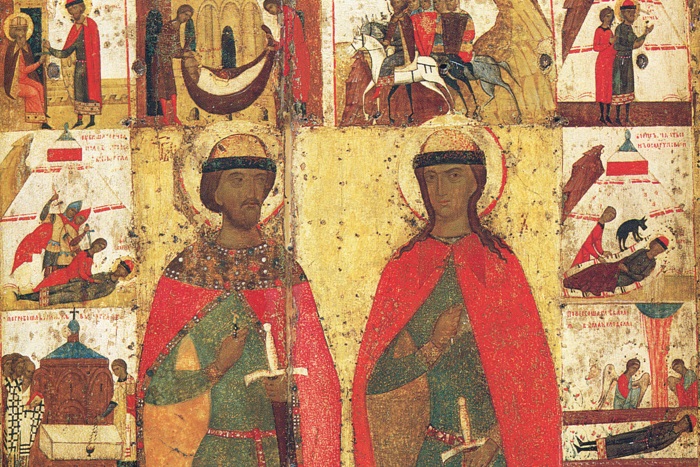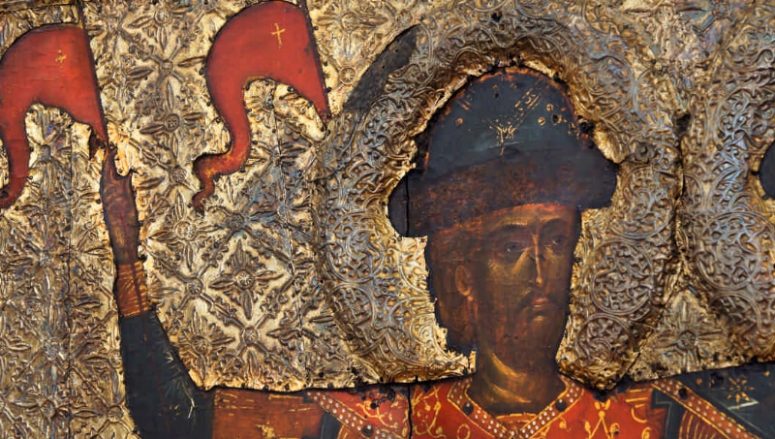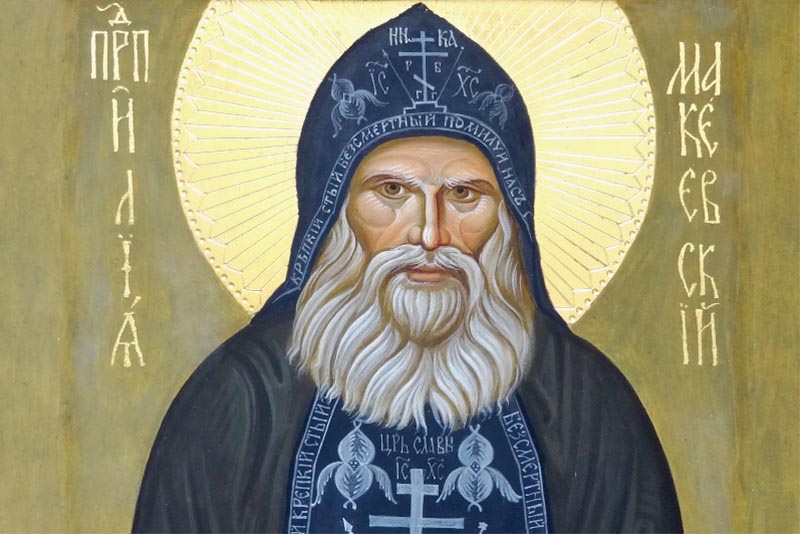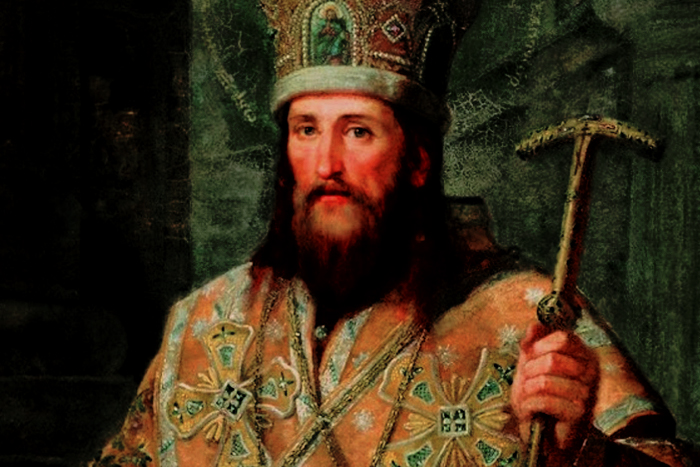
Holy Right-Believing Princes Boris and Gleb were the first Russians to be canonized by the Church. To a modern-day person, the actions that made them worthy of canonization seem weird. Personally, I had a number of questions. Could it be due to the fact that we were brought up with examples of war heroes who fought bravely, killed enemies, and defended their homeland? We have to refer to the worldview of their contemporaries to understand why the Church canonized Boris and Gleb. The murder of the two princes by their brother Sviatopolk was a political murder typical of that time. Contemporaries perceived feuds and politically motivated murders as not-so-grave sins. When Prince Vladimir, who had been a cruel ruler and a die-hard pagan, converted to Christianity, he set an example for his subjects by giving up sin. He abolishes capital punishment, gives up his harem, and helps the sick and the poor. Unlike their older brothers, Boris and Gleb were brought up in Christianity since childhood. When the Grand Prince’s sons grew up, Vladimir put them in charge of parts of his country. It was common for Russia but it was the first time all land was entrusted to the sons of the Grand Prince. This appointment was necessary to ensure unified management of the land and to override local separatism.
The oldest son, Sviatopolk, made a deal with the Polish king and decided to attack his father. He failed, and Prince Vladimir threw him in prison in Kiev. When Vladimir died, Sviatopolk was the only one of his sons who was in Kiev and therefore he seized the power. Aptly nicknamed ‘The Accursed’, Sviatopolk decides to murder his brothers to rule Russia on his own. He sends assassins to his brother Boris who is coming back from a war with the Pechenegs. Boris enjoys respect and support of his troops, and they advise him to fight against Sviatopolk. What does Boris say in response? “How can I raise my hand against my brother, especially since he is my older brother whom I honor as my father?” (The Saga of Boris and Gleb, translated by Dmitry Likhachev).

Prince Boris refuses to act like a pagan. He doesn’t engage in the strife and prefers death: “[W]hosoever will lose his life for my sake, the same shall save it.” (Luke 9:24 as quoted by The Saga of Boris and Gleb, translated by Dmitry Likhachev.)
His soldiers leave him. Before he dies, Prince Boris manages to pray at a Matins and to take communion.
When Sviatopolk’s soldiers come to murder the prince, he prays to God asking him to forgive them and his brother who sent them. “All who heard his words were unable to utter a word for fear and bitter sadness and because of tears that were flowing down their cheeks.” (The Saga of Boris and Gleb, translated by Dmitry Likhachev).
Having Boris killed, Sviatopolk decides to murder Prince Gleb who was very young. He sent for him, pretending that it was his father who wanted to see him. Yaroslav warned Gleb of the imminent danger. Gleb refused and was killed by Sviatopolk’s minions.
What strikes me in this story is the fact that both Prince Boris and Prince Gleb chose to die voluntarily. That is, they had the choice, and they chose to remain Christians, to keep the Lord’s commandments and be with God rather than in this world. That was their moral victory. It was a revolution in people’s minds. People started venerating the two princes immediately. Their choice was directed by a completely different logic, and I don’t know if there are similar examples nowadays. We need such examples, that’s for sure.



